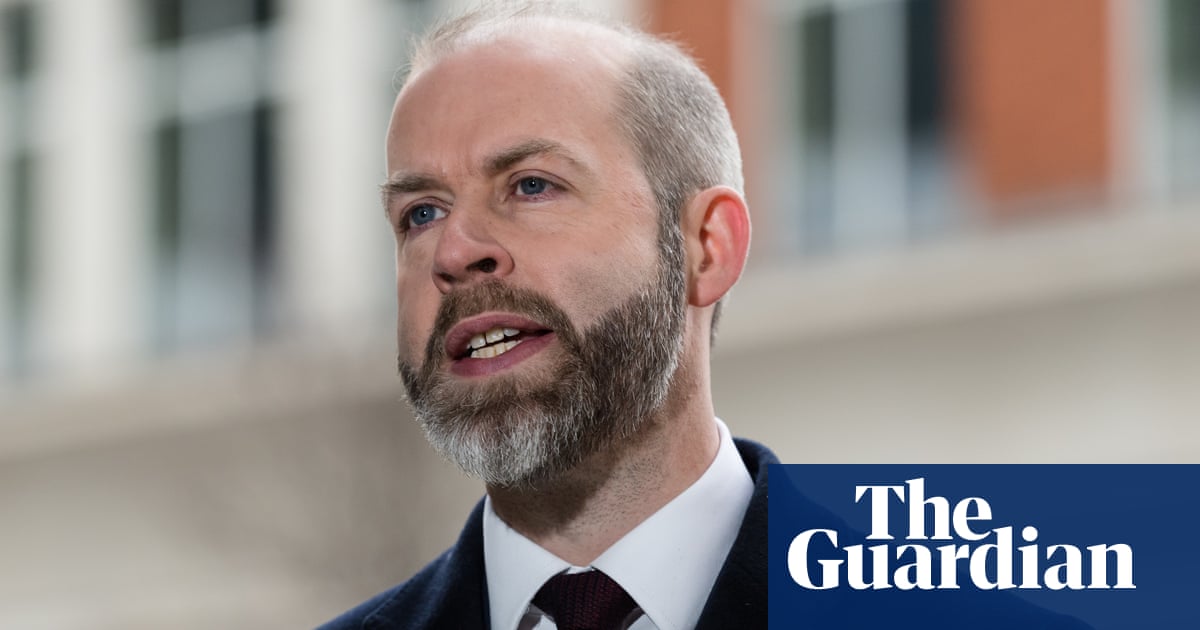Fake celebrity investment scams may soon be harder to push on Facebook and Instagram, with Meta introducing a requirment that financial advertisers are verified.
Beginning in early February 2025, Meta will require advertisers seeking to run ads about financial services to verify information about who are the beneficiary and payer. Businesses will be required to provide their Australian financial services license number or declare an exemption. Individuals will need to provide a government-issued ID.
The licence number will be authenticated by the Australian Securities Investment Commission.
It will apply to advertisers worldwide targeting Australian users on Meta’s platforms. The advertisers will also need to verify the business by uploading business documents. The person doing this will need to verify they work for the business, such as by supplying a work email address.
Similar to political ads on Facebook, finanical ads will require a disclaimer that allows users to see information about who is behind them.
Enforcement will begin for all advertisers in early February 2025 and is expected to take around six weeks to complete.
Meta has faced pressure from politicians and regulators in the past few years to tackle the plague of scams featuring deepfake images of public figures, such as Martin Lewis, David Koch, Gina Rinehart, Anthony Albanese, Larry Emdur, Guy Sebastian and others, used to promote investments.
To the end of September, there were $135m in reported losses from investment scams in 2024 in Australia, according to the National Anti-Scam Centre, with $35m coming from social media scams.
Meta is being sued by mining magnate Andrew Forrest over its alleged failure to tackle scams using his image. It is also facing a lawsuit from the Australian Competition and Consumer Commission.
The move to verify financial service advertising has already been implemented in Taiwan and the United Kingdom, but the timing for the launch in Australia comes ahead of the federal government passing the scams prevention framework legislation – currently before the parliament – that will require digital platforms to verify advertisers in a bid to combat scams.
David Agranovich, director of global threat disruption at Meta, told Guardian Australia the company expected scammers to try to evade the automatic and manual detection methods Meta had in place, but the new restrictions should help.
after newsletter promotion
“Scammers are highly adversarial and highly motivated, not just on Facebook but across the internet, and so the more friction we can inject into their operations, the less effective they can be, the more costly their operations become, and ideally, the less attractive our platforms become for scammers to use,” he said.
“And so what this does is adds, I think, a meaningful layer of friction to ads that are impersonating financial services providers.”
Last month, Meta began trialling facial recognition technology in advertisements to detect potential use of fake celebrity endorsements.
A parliamentary committee is reviewing the federal government’s scams prevention framework legislation, which is due to report back at the end of January.

 2 months ago
53
2 months ago
53













































